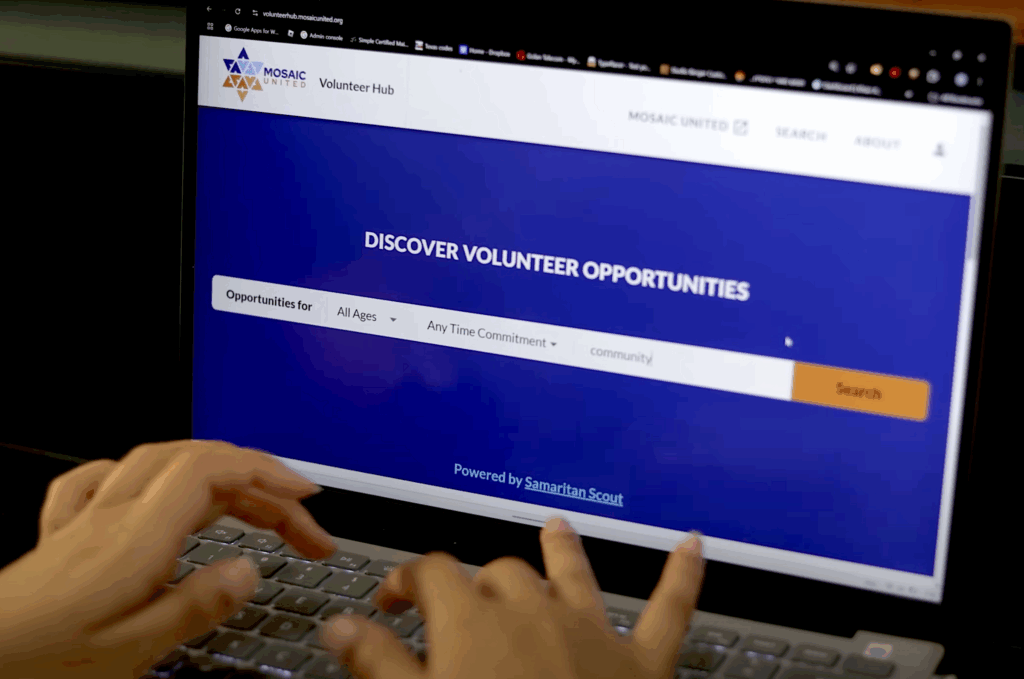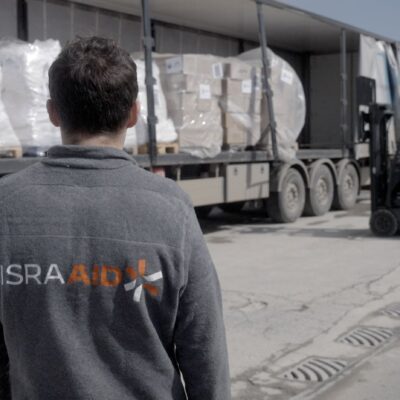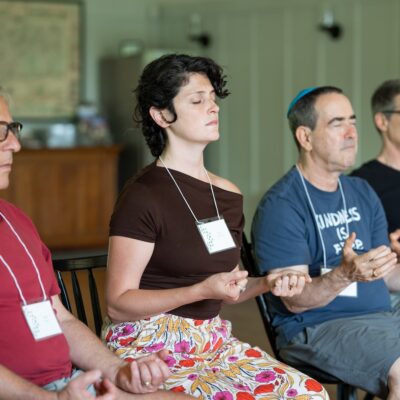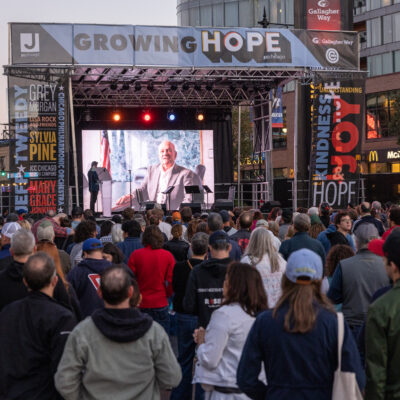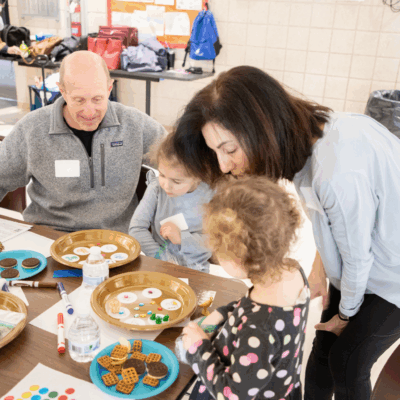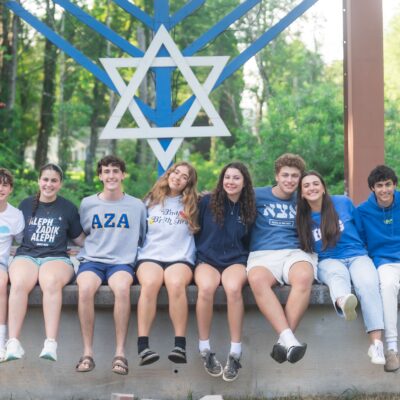Opinion
AGENTS OF CHANGE
On philanthropic responsibility, hope and ‘vice signaling’
In Short
Philanthropists have been given, or have created, powerful "megaphones" that can be used to support positive social order and bring hope for the future — or they can choose to remain silent and allow events to unfold without intervention.
We are bombarded with messages that the world is deeply broken — that everything is wrong, and we should despair and be depressed and disgusted, while placing our confidence in leaders who promise to fix what is broken. The world is rife with vice signaling: relentless critiques of what is wrong with everyone and everything they create. While virtue signaling may be irritating, vice signaling fosters anger, selfishness, disrespect and deteriorating confidence in others — and even in oneself. It is like a virus, and its spread accelerated rapidly in the past year.
But our world is not inherently horrible or rotten. It is complex and challenging. Those invested in social change and working toward the greater good are the lead actors in this unfolding historical narrative. We must recognize that we live within history, not outside of it. Our value lies in shaping the present in ways that ensure a better future.

Illustration by Rosy Ziegler from Pixabay
Philanthropists have been given, or have created, powerful “megaphones” that can be used to support positive social order and bring hope for the future — or they can choose to remain silent and allow events to unfold without intervention.
A month ago, we heard that USAID had been “put through a wood chipper.” This horrifying visual was deeply disturbing. It did not evoke images of office furniture, computers and files being shredded; rather, it brought to mind the millions of lives whose nutrition and health depend on U.S. aid — lives now at severe risk, potentially a step away from death.
We acknowledge that bureaucracy often harbors inefficiencies, and USAID likely required review and strategic reorganization. However, this does not negate the agency’s original mission: to serve as an instrument of a generous and well-meaning nation, supporting the most disadvantaged, preventing the spread of disease and building capacity in less developed regions. This is tikkun olam, repairing the world.
The concept of tikkun olam is deeply embedded in Jewish philanthropy. Originating from daily prayers, it has become a call to improve and repair our often chaotic world, both within Jewish communities and in broader society.
As activists in philanthropy, we recognize that our world is fractured and increasingly destabilized by forces, both international and domestic, seeking to deter us from action. The feeling of uncertainty about the future can lead to paralysis. It is difficult to overcome inertia, to put the pieces back together, and to offer the gift of an improved quality of life. Yet, this is our greatest responsibility: to give, both through financial resources and through active personal engagement.
The events of Oct. 7 magnified profound cracks in our world. The horrific terror that occurred that day and has followed since is unprecedented and has resulted in a profound loss of hope for many. This was followed by an explosion of antisemitism at a level that is pernicious and contagious. In response, however, we allowed light to enter (to borrow the words of Leonard Cohen) by acting swiftly and with empathy. Our recognition of responsibility and purpose brought healing not only to the recipients of aid but also to the givers.
As 21st-century adults, we have absorbed the lessons of inaction. We have also learned that acting together creates greater value than acting alone. We have an opportunity now to embrace the reality that we are not passive victims in a cold, meaningless universe. As individuals with purpose, passion and resources, we understand that retreating into our personal bubbles is not an option. Instead, we must use our megaphones to spread the message that this world is worth investing in and that the gifts we have been given are meant to be reinvested.
This is what gives us energy and helps us emerge from pain. We are part of the sparks that illuminate the world. While our responsibility has grown over time, so too has our knowledge, capabilities and capacity for empathy. As we deepen our understanding of global responsibility through the framework of tikkun olam, we are called on to reaffirm our commitment to repairing and improving the world. Together, we can act with greater value and speak with more meaningful voices.
Maxyne Finkelstein is the president of the Morris and Rosalind Goodman Family Foundation and the volunteer chair of the Global Ambassadors for Global Jewry. She is also affiliated with Amplify Partners.

 Add EJP on Google
Add EJP on Google